Shortly after closing out tour dates in February 2020, Jeff Slate planned to go into the studio with longtime collaborator guitarist Earl Slick with a reserve of songs. Once the pandemic hit and studio time was no longer an option, Slate continued writing and gravitated toward one song he had stowed away, “Heartbreak.”
Written during the pandemic, whilst Slate was working through his Lockdown Live, a weekly series of live shows during quarantine out of his apartment in the East Village in New York City, “Heartbreak” was the first spark that fired up Slate’s new album, The Last Day of Summer, and features Slick—who makes his way onto a majority of the tracks—Duff McKagan on bass, and other special guests.
You gotta live life like you’re like you’re gonna die / You gotta take the changes that will change your life sings Slate on the Heartache-r, told from the perspective of the heartbreaker.
“It showed me that we could get a sound and create a song remotely,” Slate says. “The drums were done in England. Duff did the bass in Seattle, and Slick did the guitars up in Massachusetts. We kept working that way with no deadline, no time constraints, and everybody was available.”
From there on, more collaborators trickled in, including Paul Weller drummer Ben Gordelier, Los Angeles keyboardist Jordan Summers (the Wallflowers, Cat Power), and guitarist Lee Harris from Nick Mason’s A Saucerful of Secrets, who laid down some parts from his home in France.
Slate had already written some of the songs, and had the bones of others, he says. Then, he started writing more. “The songs developed differently than if we had been in a room playing, and I would give some instruction, or the producer said, ‘Hey, let’s try this or that,’” says Slate. By the time Slate could get back into a studio and physically finish the album, it already had a different vibe.
“For the first time, I had the time,” says Slate. “I’d always worked on a deadline, even if it was a self-imposed one. There was always a tour. There were always shows to hit. This was the first time where I didn’t have that, so there was a different level of playing and writing without a deadline.”
Within the next three years, The Last Day of Summer was complete. Opened with “Heartbreak,” the songs take turns into the uncertainties, isolation, and loss, and a myriad of spirits reflected in the times, from the personal affections of “World of Your Love,” and “Till New York City Dies,” a sweetened ode to the city Slate’s called home for more than 35 years. Some funk reinforces “Movin’ On,” and there’s a sensation of bigger New York City dreams on the heartland rocker “The Poacher (Remastered),” the Bowie-thrummed “Man on the Moon,” and pleading “All Our Dreams”—I’m only trying now to reach you / I’m forced to do it in a song—through Slate’s contemplative closing “Drowning Slowly.”
Videos by American Songwriter
[RELATED: Jeff Slate Commiserates on “Heartbreak” with Earl Slick, Duff McKagan, and Other Friends]
“There are moments in your career where it feels like you’ve taken a step forward, and sometimes with the next record you go backward, or you just tread water—and that’s okay,” says Slate. “There are a couple of moments I remember in my life, and this feels like one of them, where I did something that was better than I expected. I want to try and hit that bar again, maybe even better.”
The last track Slate worked on for the album, “(Broken) Without You” was a song that had stumped him for some time, until Dave Stewart added some of its missing pieces. “I said, ‘There’s this one song I just can’t crack it, and I believe in it, but it just isn’t working,’” remembers Slate. “And he [Stewart] goes ‘Send it to me, I’ll fix it.’ And sure enough, I sent it to him, and a week or so later, he sent his version back. He added some guitar and other things and it was a very different take on the song. There’s a difference between a good song and a great song, and he put it in the caliber of … it sounded like a record that was made for the radio. It became a standout because he’s a guy who knows what a hit record sounds like. He was able to find what was special about it because I was so close to it.”
The Last Day of Summer was the first album, says Slate, where the focus was more on the singles. “I turned over control of that to other people,” he says. “Paul McCartney had no idea that ‘Jet’ was going to be the breakout song and push ‘Band on the Run’ into gold and platinum status, nor did Elton John have any idea that “Bennie and the Jets’ was a breakout, first on black radio, then cross over. So we’re not the best people to choose those things.”
While there’s nothing “gimmicky” about singles like “Heartbreak” and “(Broken) Without You,” says Slate, the collaborators tied to each did help bring some attention to the larger work. “We’re back to the time of the pre-Beatles period, where ‘How Much is that Doggie in the Window’ was on the top of the charts, where the single is the thing that drives everything else,” says Slate. “And once the ball is rolling because of that tiny bit of attention, then you start to get on playlists, you get on the algorithm, and then it has a life of its own.”
In between the release of The Last Day of Summer, during the fall of 2024, Slate played some dates with the Wallflowers and also took part in the annual Tom Petty Weekend. The yearly celebration of Petty’s music premiered in 2017 and typically runs around his birthday (October 20) in his hometown of Gainesville, Florida. Past shows welcomed everyone from Petty’s daughter, late Mudcrutch guitarist Tom Leadon, and guys who played with Petty in high school.
This year, the weekend celebration was postponed due to Hurricane Milton, but Slate and New Jersey singer and songwriter Jake Thistle continued the shows in Los Angeles with stops in New York, celebrating the 30th anniversary of Petty’s second solo album Wildflowers.
Wildflowers, Petty’s second solo album from 1994, runs deep with Slate. “I remember the day it came out,” he recalls. ”I went down to Tower Records and came back home. I remember putting it on and listening to it in the fall sunlight in my apartment, and it sounded so great. It was one of those records that was such a leap in technology and the way that records sounded.”
In the summer of 2016, Slate, who has also written liner notes for Bob Dylan, the Rolling Stones, Jimi Hendrix, and the Beatles, and co-authored the 2017 book The Authorized Roy Orbison, was asked to interview Petty for an upcoming box set edition of Wildflowers and a possible documentary.
As Slate prepped for his interview with Petty, he revisited Wildflowers, listening to it again from beginning to end. “Tom’s albums were always full of great songs, but this was something else,” says Slate. “This was a record that even he talked about as being … he didn’t know what he had tapped into at that moment. I was shocked at the songs that weren’t hits. Even the songs that I didn’t love were still perfect.”
Soon after, Petty and the Heartbreakers switched gears and started working on a 40th-anniversary tour, putting the reissue on a backburner, and Slate wasn’t able to interview Petty before his death in 2017.
[RELATED: Jeff Slate Returns With “(Broken) Without You,” Featuring Dave Stewart]
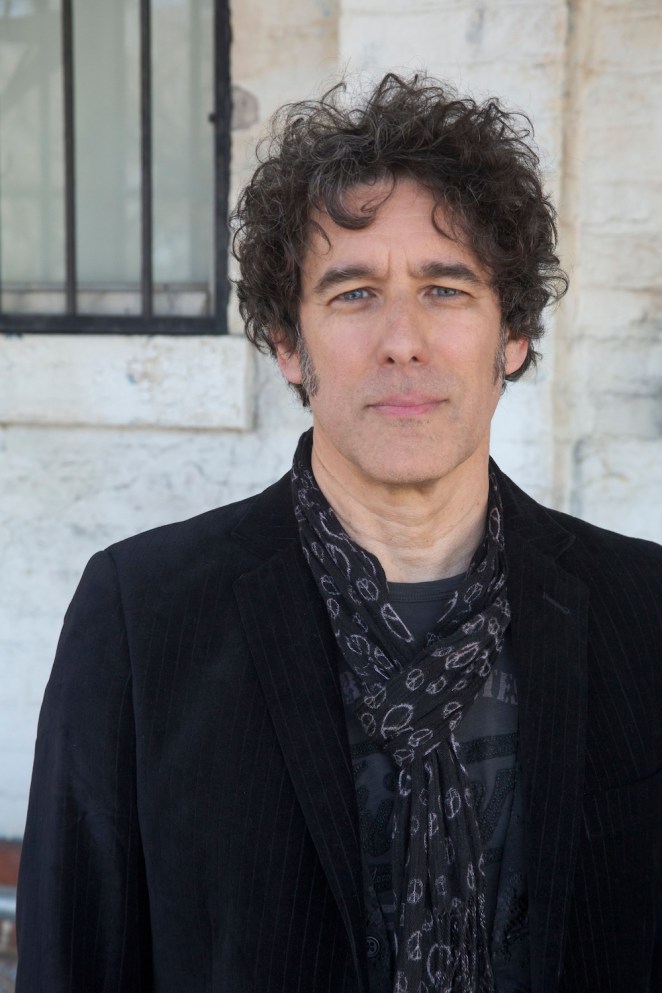
Decades after the release of Wildflowers, when Slate got involved in the Tom Petty Weekends, he also started thinking about the 30th anniversary of the album after a 2023 show. “How much better can it get than playing the ‘Wildflowers’ album for 3,000 people who want to hear ‘Wildflowers,” said Slate.
“In learning the songs, it wasn’t all that hard, because they’re part of our collective DNA,” he adds. “We all have egos as performers and musicians, but when you listen to a record of that caliber, you realize why that record, 30 years later, is still on people’s turntables and why yours is not. You’ve got to put your ego to the side. Even an artist like Tom Petty was awestruck that he was able to create something this amazing.”
Along with Petty, another heavy influence on Slate entered his musical, and real-life, when he befriended Weller years ago. “For me as a kid, the Jam was one of the first bands that I loved, that was of my world,” shares Slate, who later followed Weller’s early ‘80s pop band Style Council. “It wasn’t the Kinks or the Who or the Beatles or Stones or Small Faces. They [the Jam] were putting out records when I started buying records like the Clash and were important to me. Then I reconnected with him [Weller], both as an artist and also as a person in real life, when he started making solo records in the ‘90s.”
Throughout the years, Weller has become a good friend, confidante, and mentor to Slate. “He was always sort of a prickly guy, very opinionated, didn’t suffer fools and all that, but he’s so supportive of other musicians,” says Slate. “He remembers what it’s like to not be Paul Weller, so he surrounds himself with people who are at a different level than him because he likes that energy and likes that hunger.”
In fact, Slate always put Weller on the same musical pedestal as Petty. “I’ve always thought of Weller and Petty in very similar terms,” says Slate. “They were always trying to write their next great song, and they were workaholics—Paul still is. The caliber of their writing and their quality control were always high, and neither of them is a person who ever put out a record because they had to, or because the label was pushing them. They set a very high bar for themselves, and that’s a unique thing because it’s easy to get caught up in the treadmill of doing this.”
Raising the standard of his work is something Slate says he struggles with in each turn of a new song, or album. “It’s hard as an artist when you set a high bar for yourself when you love Paul Weller or Pete Townshend or Tom Petty or Bob Dylan,” says Slate. “At a certain point throw up your hands and say ‘This is the best I got’ because you want to achieve that level, but at a certain point you recognize ‘I’m not going to get there.’”
He adds, “It’s nice that I’ve reached a place where I’m working with people who have done this for a long time and have played on massive records, and say to me ‘Wow, that’s a really great song.’”
With “Heartbreak,” Slate remembers recently playing “Heartbreak” live with Slick, who praised the track. “He hadn’t played it since we recorded, and he was like ‘That’s a really good song,’” says Slate. “For somebody who’s worked with [David] Bowie and [John] Lennon… .”
With The Last Day of Summer, Slate says he is most proud of this album above any other. “It became a very different album,” shares Slate. “It certainly wouldn’t have been if we’d made it in three weeks and put it out in the fall of 2020. I don’t know if it would have been better or worse, but I have a different relationship with it now because it feels like a moment in time for me. It feels like an artistic leap forward to me.”
Photos: Bob Gruen


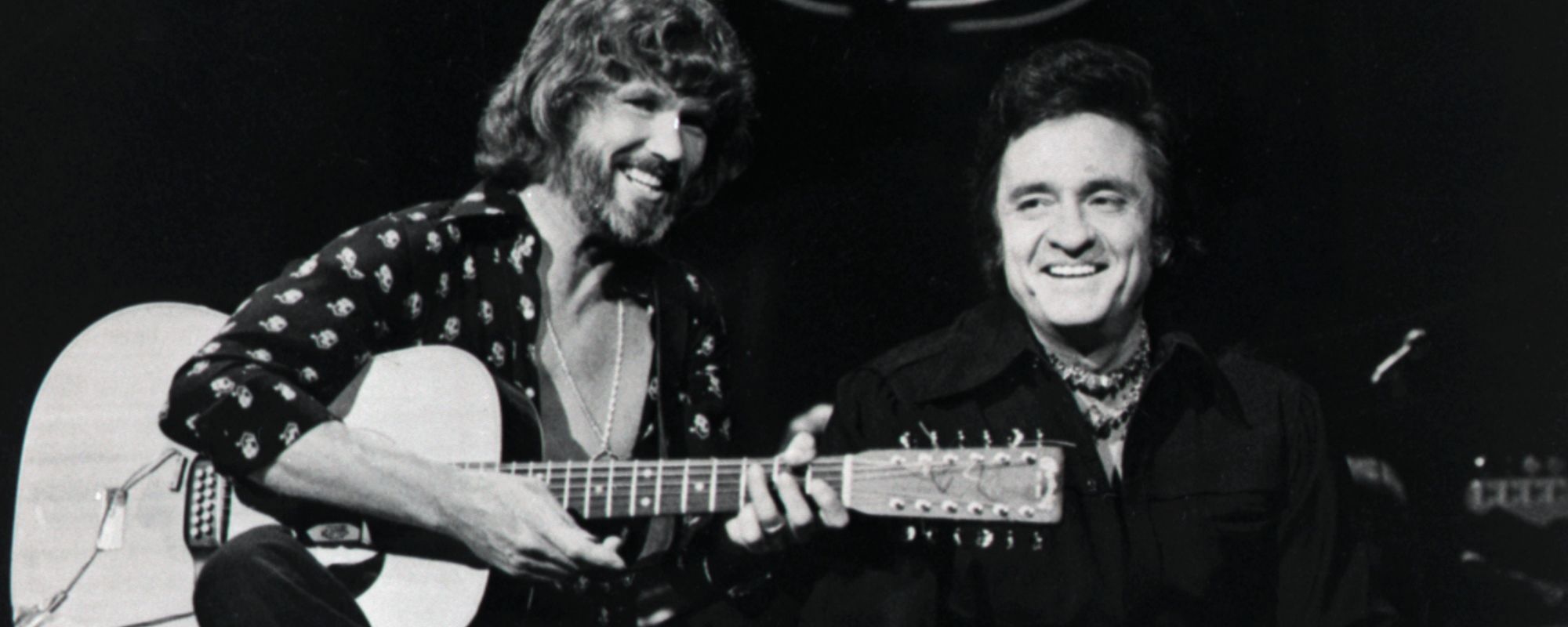
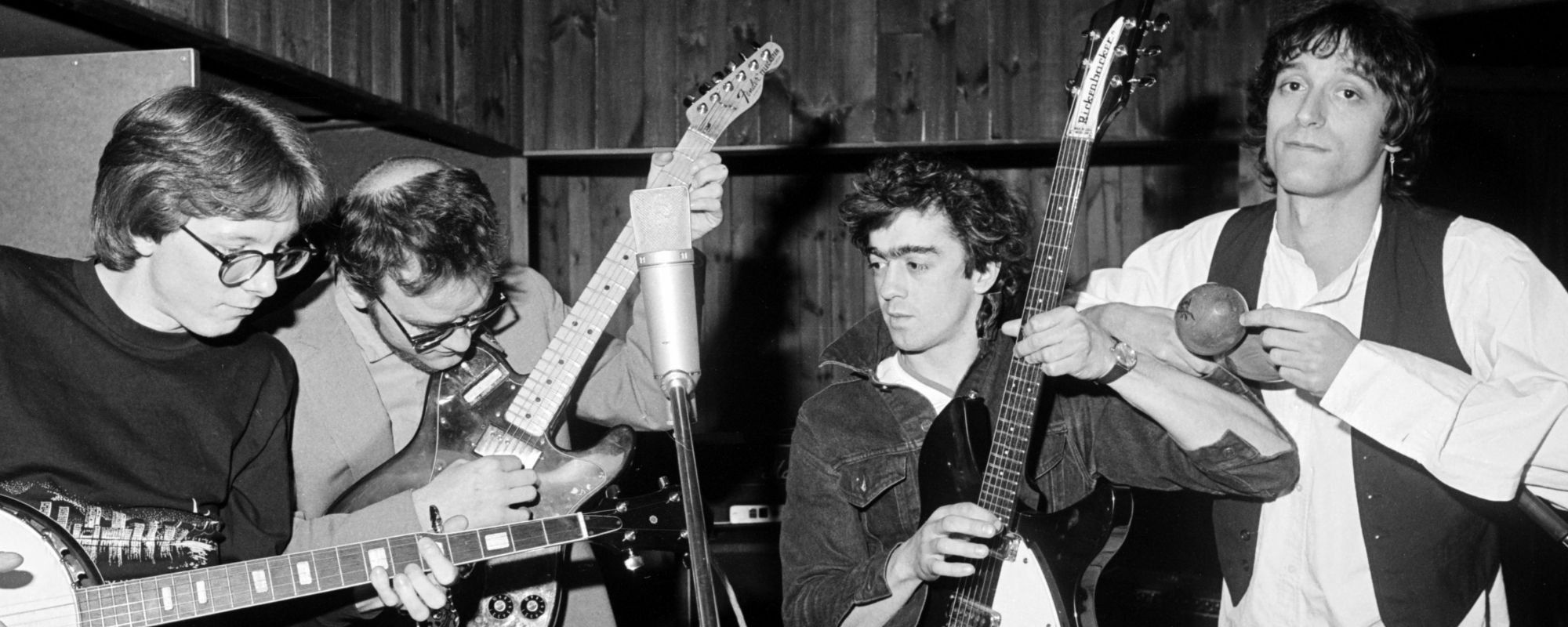
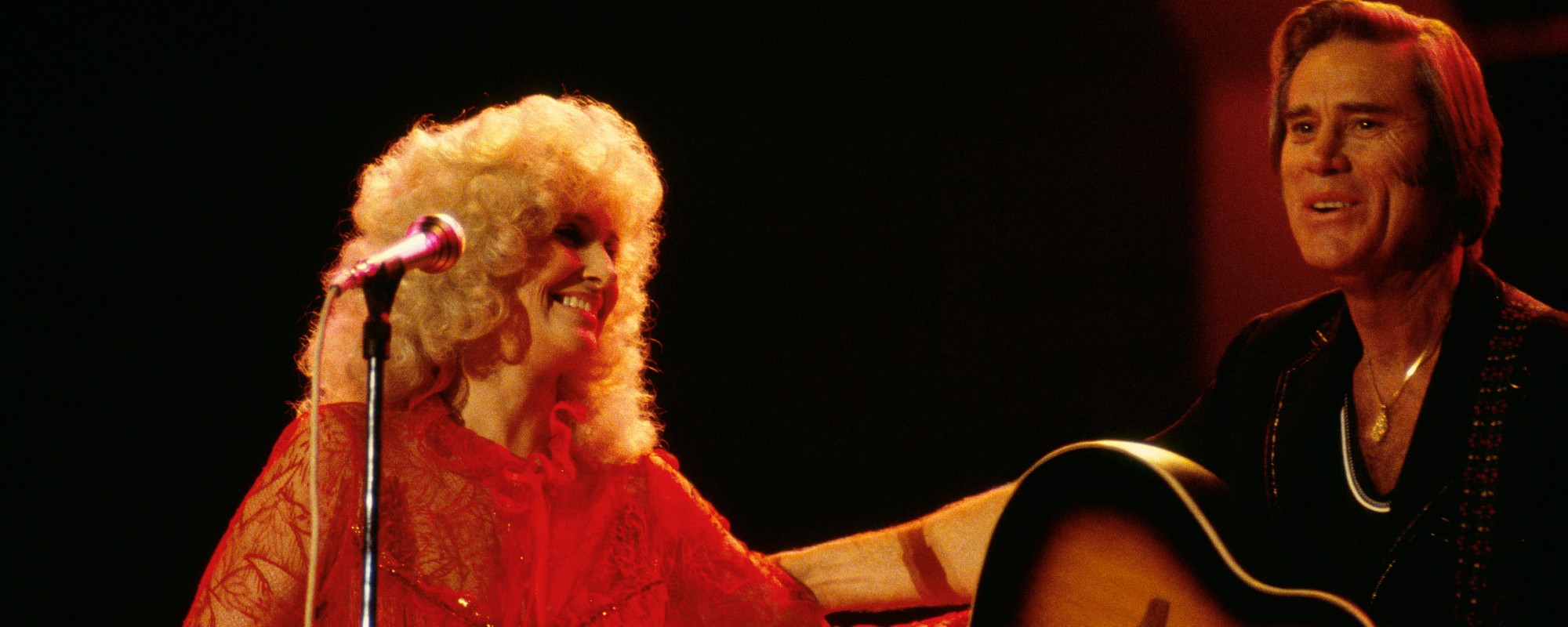
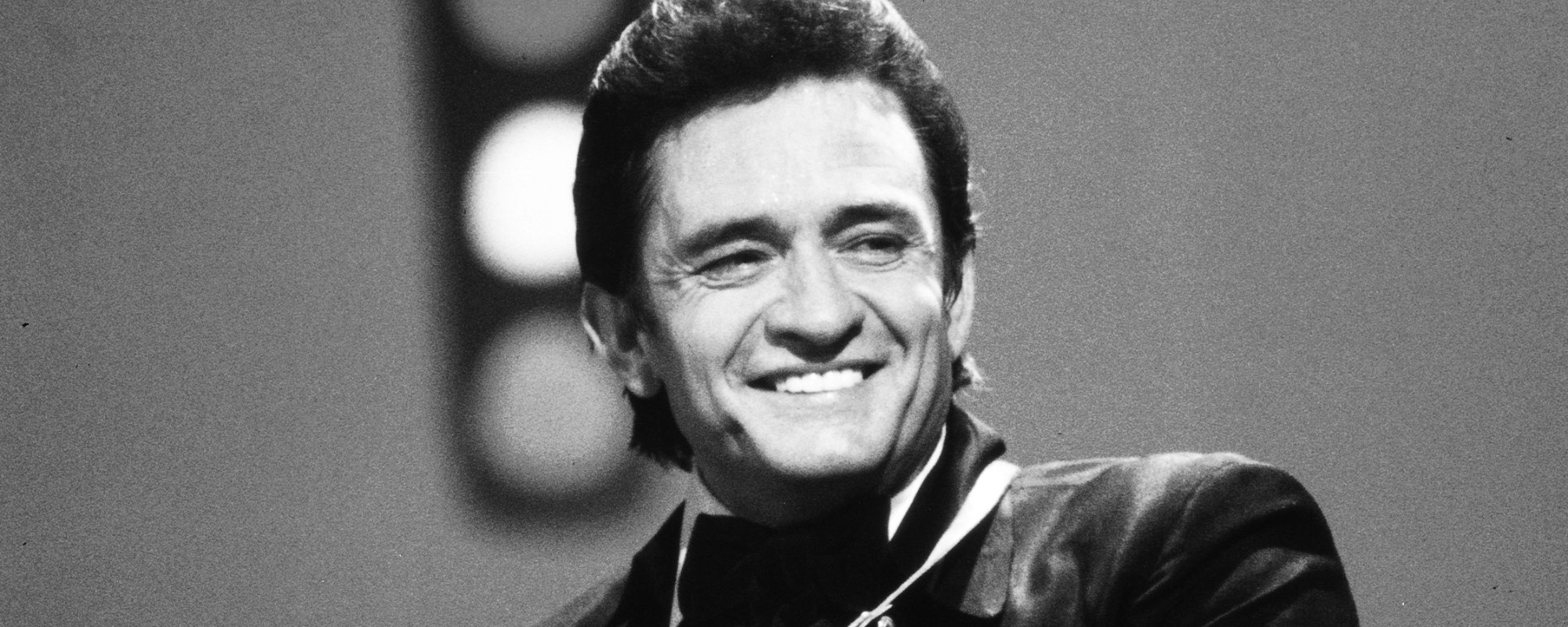
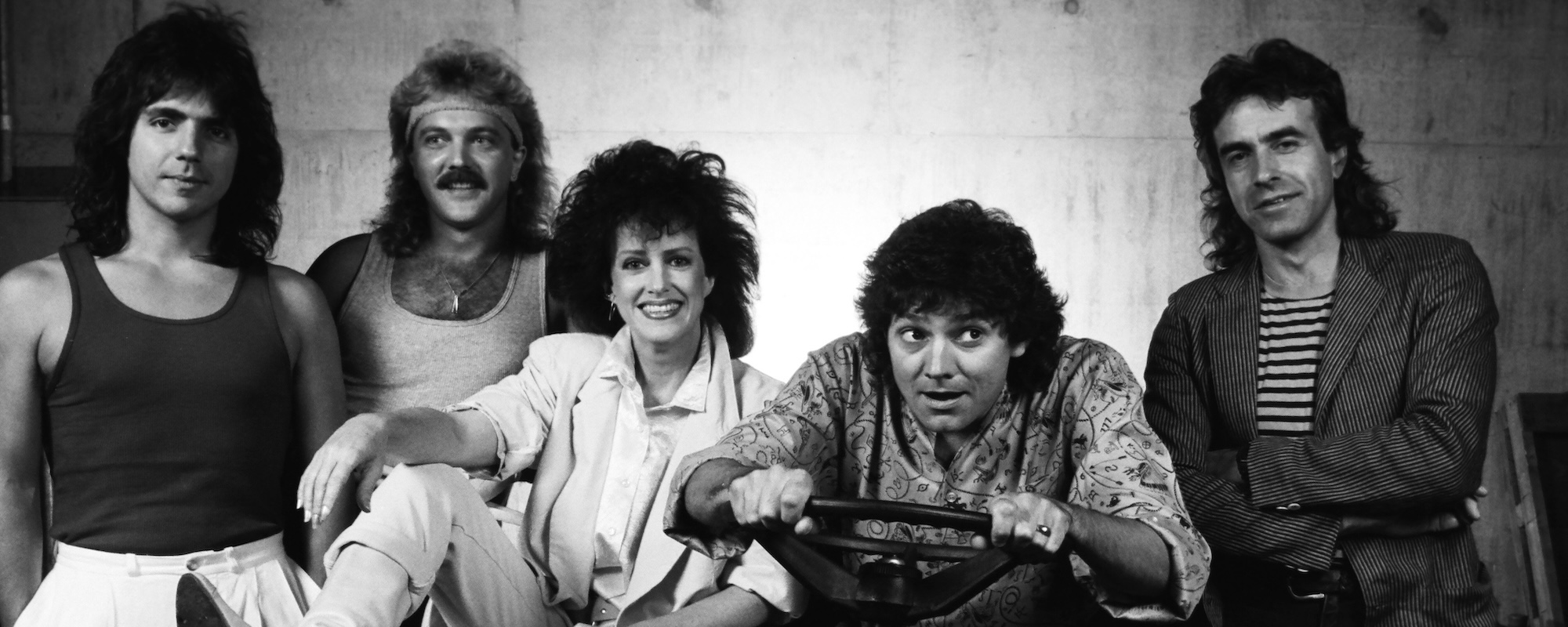
Leave a Reply
Only members can comment. Become a member. Already a member? Log in.